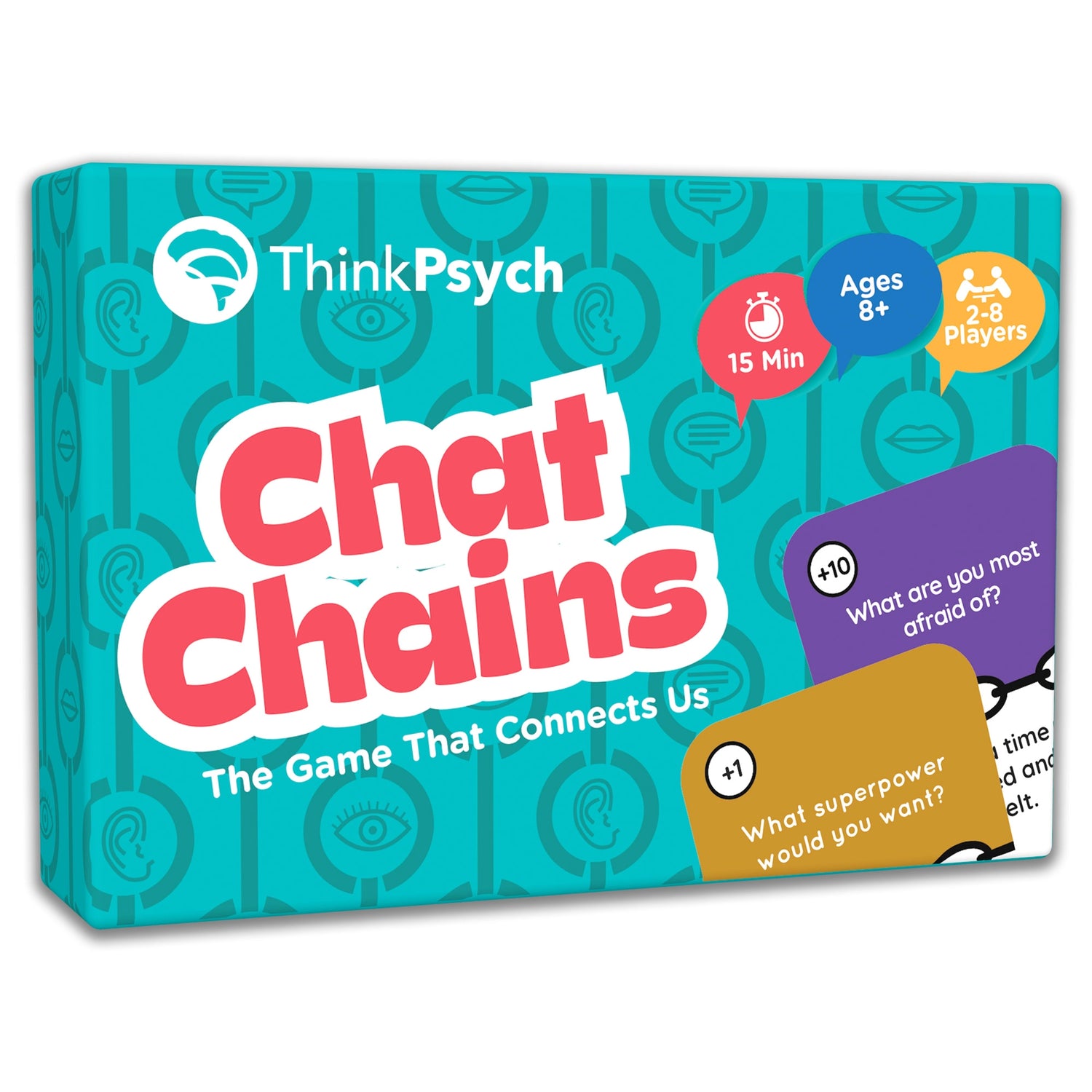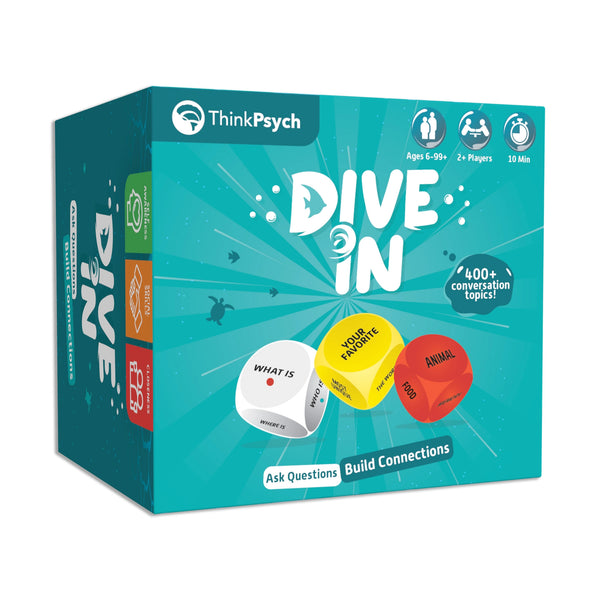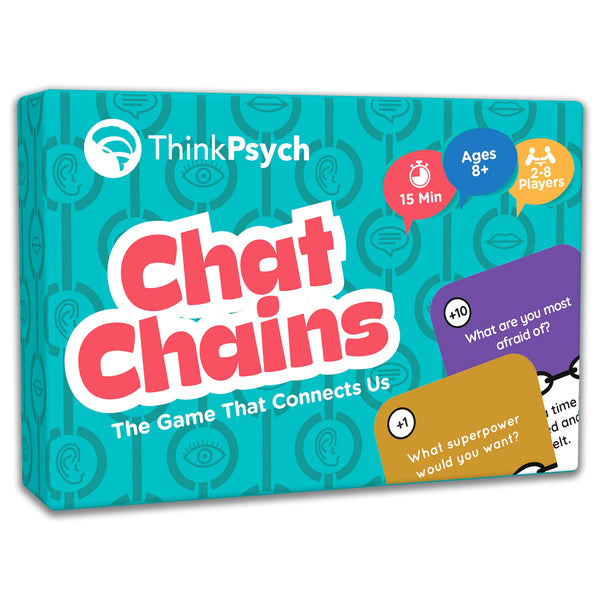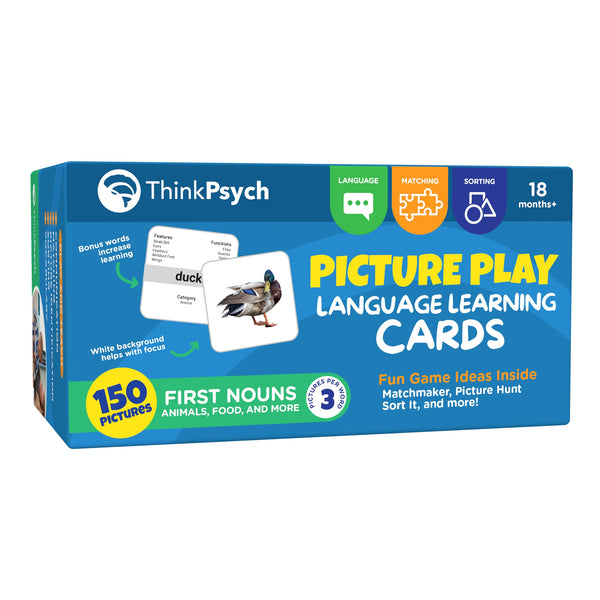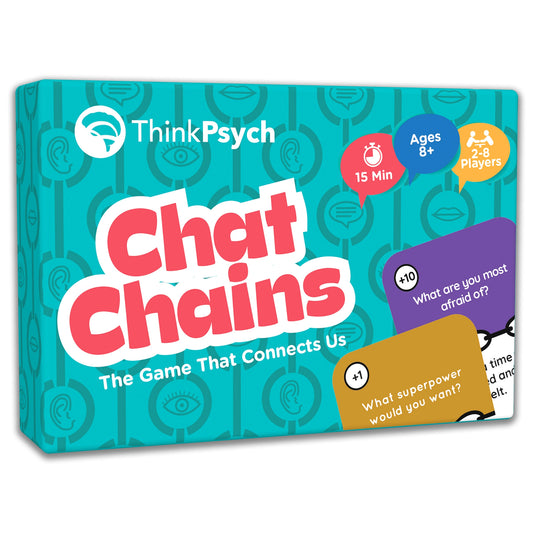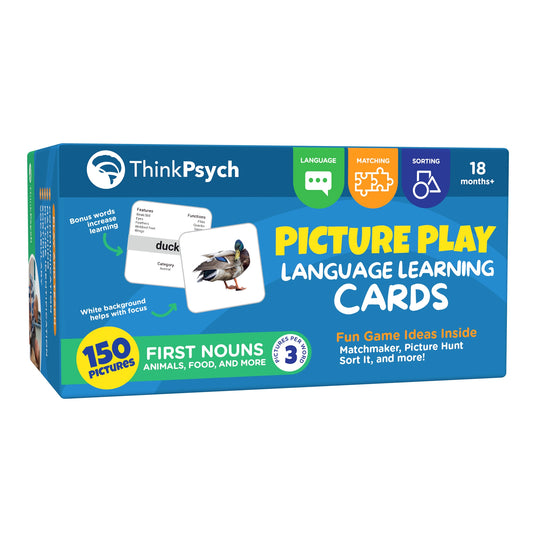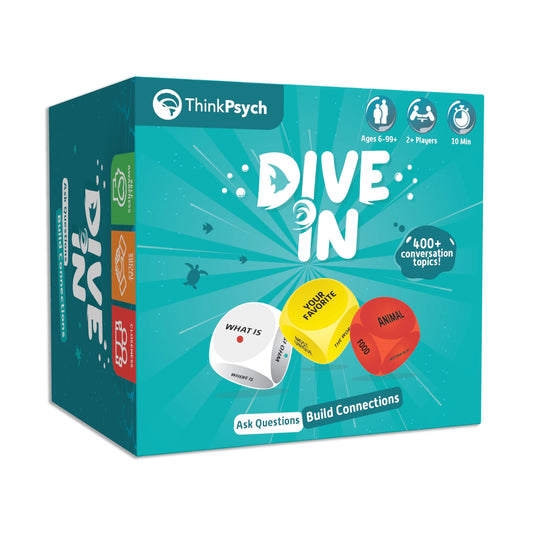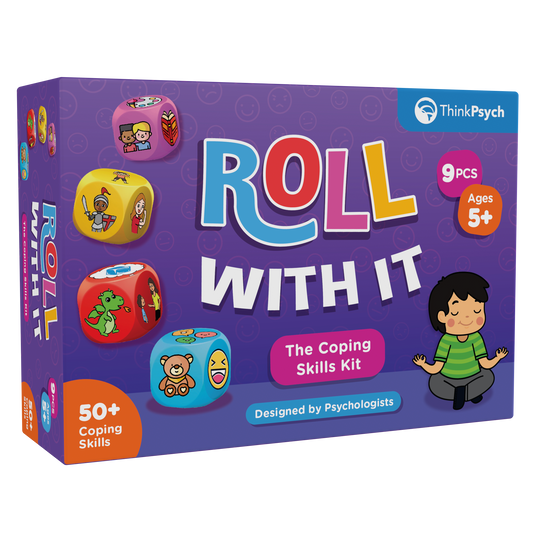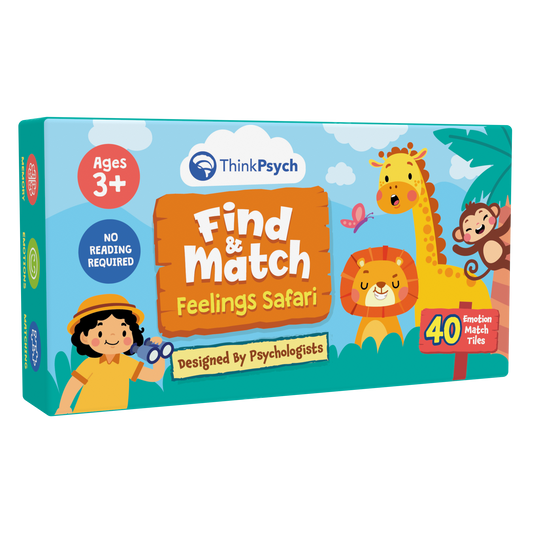
Crazy-Busy? How to Balance After-School Time
Share
With kids being back to school, your family’s schedule is likely crazy-busy. Between school, extracurricular activities and playtime with friends, your kid may be constantly on the go.
But is your kid too busy?
Enriching your kid’s time with activities they enjoy is always a perk. Yet it’s essential that you balance after-school time with other important childhood experiences, such as free time and family time.
Overscheduling your child can lead to stress, burnout, illness and more. Here’s how your family can encourage staying active after-school without overdoing it.
The Downsides of Busyness
There are plenty of positives when it comes to extracurricular activities. Not only can your kid work on social connections, but they can pursue interests and learn good habits such as time management.
That said, too many activities can get overwhelming for kids. Some of the downsides of being too busy include:
- Showing stress, anxiety and worry
- Experiencing burnout
- Acting out
- Showing too much dependence
- Becoming too competitive
- Complaining of headaches and stomachaches
- Missing out on unstructured free time to enjoy childhood and learn new skills
- Missing out on family time
- Increasing pressure on parents’ time
Signs Your Child Is Too Busy
If you suspect your child may be too busy, it’s important to look for the signs. When kids are overscheduled, you may notice:
- Fatigue
- Stress, anxiety or worry
- Loss of interest in activities they once enjoyed
- Irritability or withdrawn manner
- Falling behind in school and with chores
- Having trouble sleeping well
- Getting sick frequently (headaches, stomachaches, etc.)
- Not seeing friends regularly
It’s also critical to check in how you feel as a parent. Are you overwhelmed by driving your kids to activities and attending events all week long? It may be time to ease up on some activities and restore downtime to your family’s schedule.
Tips to Balance After-School Time
Overscheduling your child often comes from good intentions. Your aim may have been to provide a solid routine, ensure after-school care and/or see your kid thrive with their interests. But it can be easy to go overboard, especially if you don’t realistically budget your child’s time.
1. Focus on Quality Over Quantity
Schedule activities in moderation. It’s usually best to focus on 2-3 activities that your child enjoys, instead of signing them up for everything you can think of.
Prioritizing a few key activities can help your child make deeper connections with peers. It also avoids spreading your kid too thin, especially with activities that don’t offer them much meaning or joy.
2. Follow Your Child’s Heart
Don’t push your kid to pursue the same activities you did. What was best for you is unlikely to also be the best for your child.
Instead, let your child explore their interests. Guide them towards activities that they both like and are good at. And celebrate when your kids choose unique areas of interest! There’s nothing more positive than a kid going after what they enjoy.
Shop ThinkPsych Products
3. Schedule Blocks of Downtime
Unstructured downtime is essential for kids. “Doing nothing” is often where children discover new interests, learn self-management skills and process emotional information. It also gives them a chance to unwind after long periods of concentration, such as at school or practice.
Not to mention that when downtime happens at public parks or libraries, it’s also an opportunity to meet new friends and practice social skills.
Take a close look at your kid’s schedule and block off 1-3 times a week for extended downtime. For example, Friday afternoon is a great time to let your kid rest and explore on their own after a busy week.
4. Let Your Kid Try New Things Without the Commitment
Kids tend to dabble in a lot of different areas before settling on what they like. Give your child the room to explore without tying them down with commitment.
You might give your child a month’s trial at an activity and check in after a few weeks to see what they think. Summer is also a great opportunity to test out new activities through themed summer camps, community classes and more.
Don’t lock your child into hobbies until they’ve had a chance to explore a variety of things. And if they stop enjoying an activity they’ve done for years, let them take a break or quit.
5. Work Out the Logistics
Even your child’s favorite activities can feel like a slog when their schedule isn’t well-balanced. Be sure to work out the logistics, so that extracurriculars are distributed nicely throughout the week.
As part of the logistics, visualize your whole family’s schedule, too. If you have multiple kids, see opportunities to schedule activities in the same part of the town at the same time. And don’t forget to set up carpools with other parents to make things easier.
6. Inspire Meaningful Free Time
Free time for your child shouldn’t just be video games and TV. Even though your kid needs unstructured time to play and unwind, be sure it’s meaningful.
Guide your child towards inspired free time by ensuring there’s plenty of activities available. For example, stock up on new library books, board games, arts and crafts, and more. This way, your kid has lots of activities to explore.
Don’t forget about planning some family time, too. Set aside a few hours on Saturday for a family picnic, bake-off, game night, etc. Try Talent Jam, a talent show card game, at your next family game night for hours of wacky challenges and laugh out loud fun!
Balance After-School Time With ThinkPsych
It’s a wonderful idea for your kid to pursue new interests and activities. Just be sure to protect them from overscheduling and burnout. Leverage our tips above to balance after-school time and boost your kid’s emotional health!
As you enrich your kid’s experiences with activities, remember to focus on building both social and emotional skills. Learn more about developing your child’s EQ on ThinkPsych!
References:
- Care.com, Are Kids Too Busy?, https://www.care.com
- Family Doctor, Is Your Child Too Busy?, https://familydoctor.org
- Child Mind Institute, Finding the Balance With After-School Activities, https://childmind.org
- Sanford Health, When You’re Crazy-Busy, Even Little Kids Get Stressed Out, https://news.sanfordhealth.org
- Parent Today, Striking a Balance Between Downtime and Busy Schedules, https://www.parenttoday.org
- FreePik, Portrait Little Girl Coloring, https://www.freepik.com
